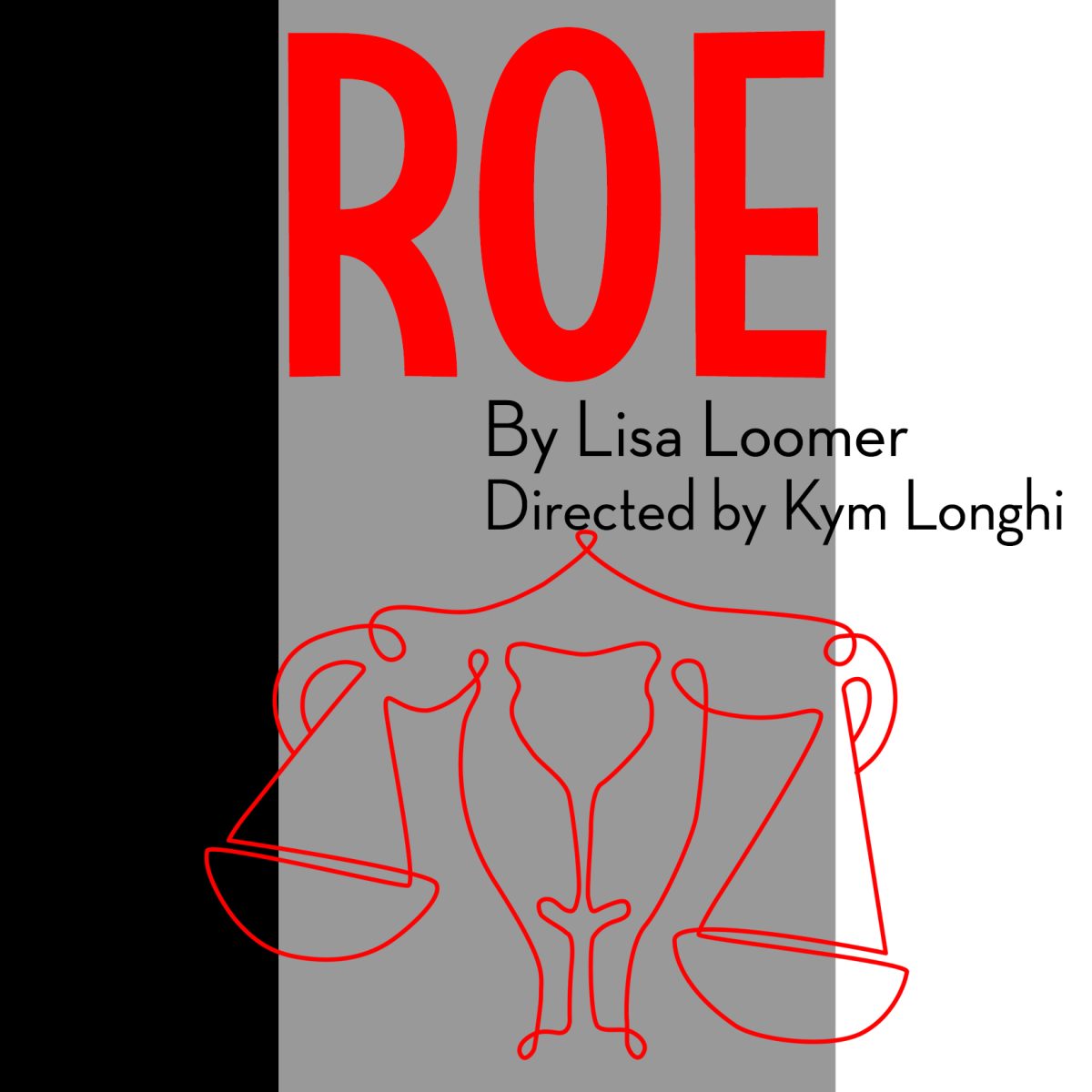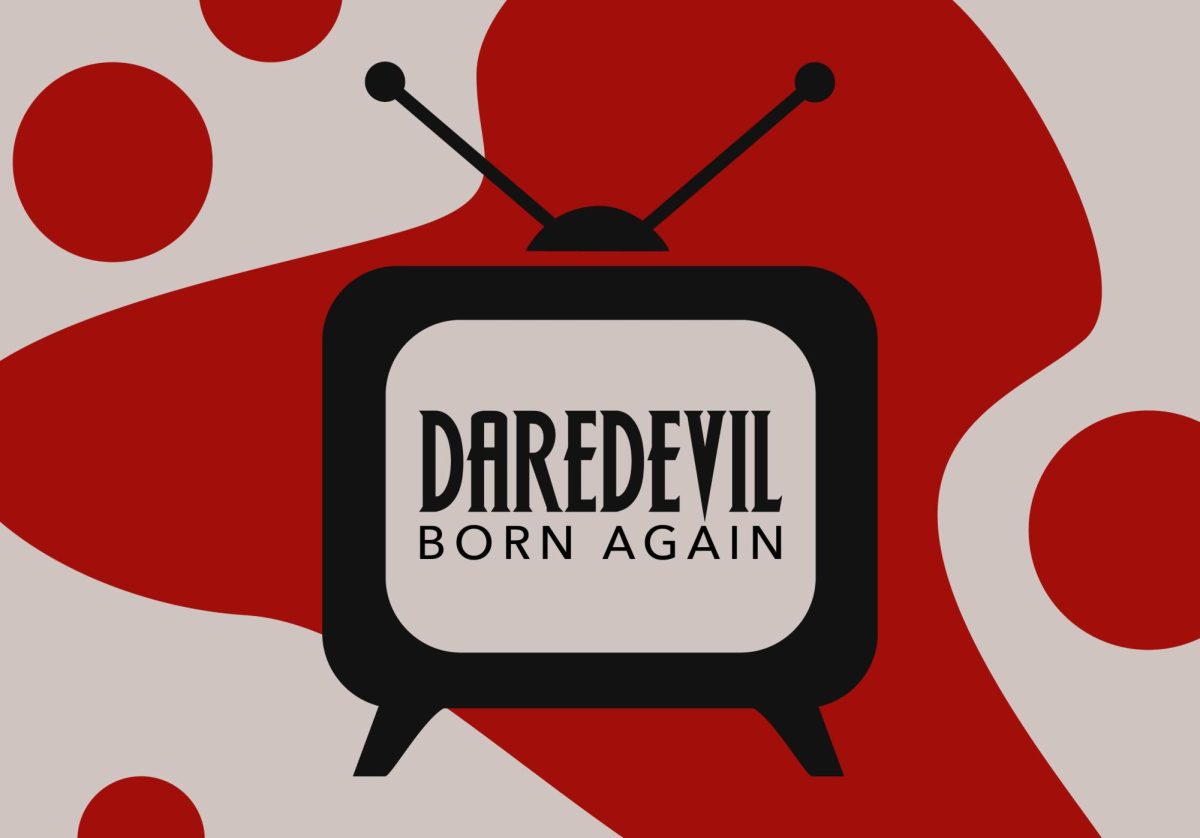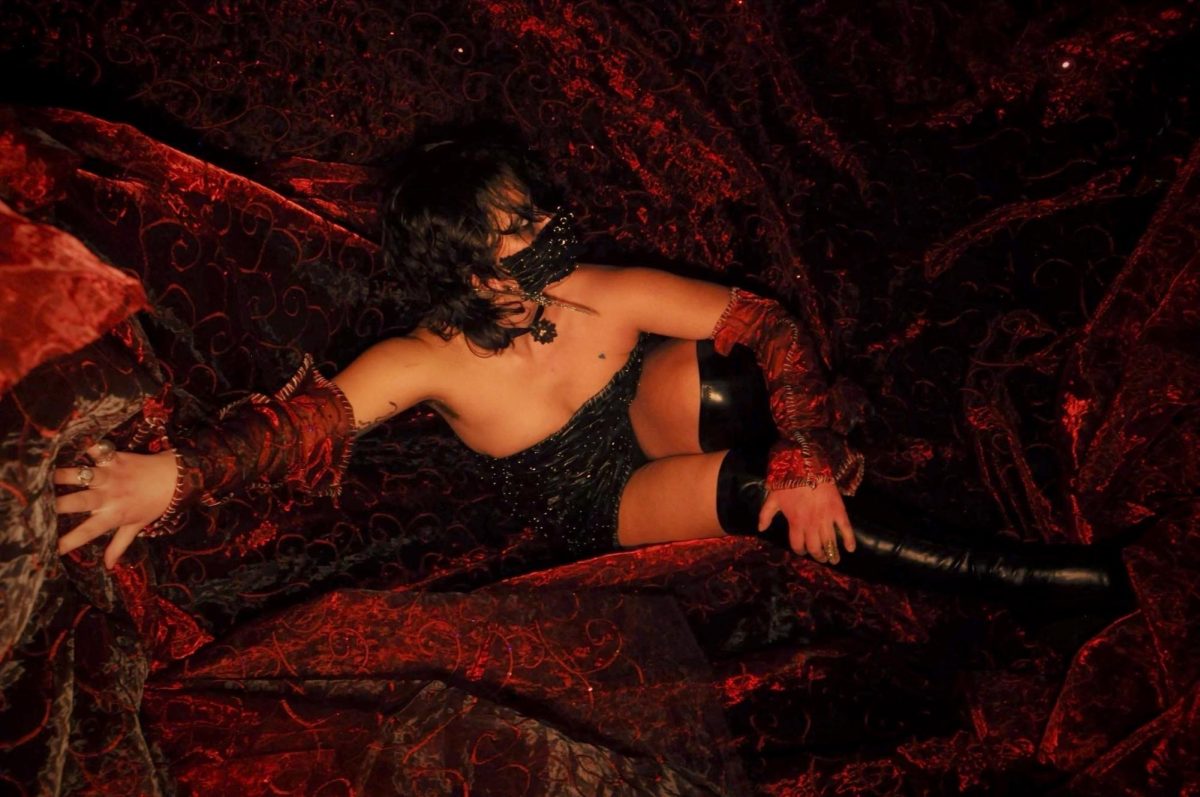University of Minnesota theatre students will present “Roe,” a play exploring the history and people behind the landmark 1973 Supreme Court case, Roe v. Wade, in the Nolte Xperimental Theatre Fridays through Sundays from April 12-21.
The play follows Norma McCorvey, known as “Jane Roe,” and her lawyer Sarah Weddington, in the years during and after the Roe decision, as well as the extreme polarization of abortion debates that continue to this day.
“Roe” is directly aligned with the theatre department’s theme for their 2023-24 season: bodily autonomy. Kym Longhi, the director of the production, said the show was selected as a direct response to Dobbs v. Jackson Women’s Health Organization, the Supreme Court case that overturned Roe v. Wade in June 2022.
“We wanted to just educate our audience and help them understand what all the complicated issues around Roe v. Wade were and what the story was,” Longhi said.
The play, which has over 25 students involved, has a major emphasis on compressing time, said Theo Collette, one of the assistant directors for “Roe.” The show covers multiple decades in about two hours, which made it critical for the cast and crew to do extensive research and have a strong foundation in historical knowledge from those eras.
One big appeal of the show for Collette was the script, as he said his main theatrical focus was playwriting.
“I was really drawn to the way that this play utilizes a very large cast, utilizes motifs and utilized these thematic public narratives intermingling of personal lives to tell a story,” Collette said. “That was something I really wanted to explore.”
Another major reason why many of the cast and crew wanted to get involved was the subject matter and its relevance to current times.
Janine Provencher, who portrays McCorvey, almost did not audition for the show due to an ankle injury but was convinced by her friends to try out. As a young woman, Provencher loves how applicable the story is to today’s society and appreciates how female-focused the play is, especially due to her belief that classic shows tend to disregard female characters.
“I’ve kind of grown up doing musical theater, and I do love musical theater, but I thought also [‘Roe’] was a really big opportunity to do something that’s important,” Provencher said. “It’s a little deeper and it really does dig deep.”
A central theme of the show is showcasing the humanity of both sides of the abortion debate. Rather than advocating for one side or another, “Roe” is meant to highlight the passion activists have for their cause, no matter their stance on the topic.
Luciana Stich, the other assistant director, said the cast and crew of “Roe” gave as much respect to each side of the argument as they could. They want audience members to leave with a newfound understanding of the abortion debate and the people behind it.
Stich added that the play acknowledges the complexities of the characters, which she said makes for a more fascinating and rich viewing experience.
“[‘Roe’] also does such a great job of humanizing both sides, while also exposing the manipulation that Norma McCorvey had to go through,” Stich said. “She was being manipulated by both sides, she was manipulating both sides.”
The humanization in the show allows audiences to reflect on how polarized the issue has become, especially since the Dobbs decision.
Riley Boals, who plays Weddington, said it can be easy to lose sight of the fact that real people are involved in abortion rights debates when they are so divided. She added that theater productions like “Roe” can help bring new perspectives to these issues.
“Being a young woman right now is a little bit frightening considering the recent overturning of Roe v. Wade, and I think that it starts an interesting dialogue about how polarized we have become on so many issues when we kind of forget about how those issues actually impact the people,” Boals said.
Longhi and Boals are strong believers that theater can help humanize difficult topics and complex characters that audience members might not agree with.
“There is our complex humanity right in the middle of it, and that we can’t even begin to have a conversation about these things until we find this respect for others’ humanity, whether we agree with them or not,” Longhi said. “I think that theater helps us do that.”
“Roe” opens Friday. At the time of writing, registration for the event is now closed. However, there will be a waitlist for walk-ups if ticket-holders do not claim their seats.














